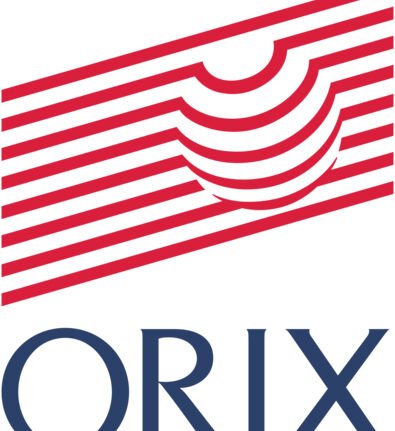A new group of authors hit OpenAI Inc. and Microsoft Corp. with another putative class action alleging mass copyright infringement through training AI on books pilfered from “shadow libraries.”
Catherine Denial, Ian McDowell, and Steven Schwartz sued Monday in the US District Court for the Northern District of California. The suit, on behalf of the three authors and others like them, lists three nonfiction books as the infringed works.
The suit adds to the pile of lawsuits against OpenAI, Microsoft and other AI companies over use of millions of copyrighted works to train large language models designed to understand and generate human language in response to users’ prompts. These legal challenges pose existential questions for both the generative AI and content industries.
Twelve suits against OpenAI have been consolidated for pretrial purposes in New York, including other lawsuits brought by the authors’ counsel: Joseph Saveri Law Firm LLP, Boies Schiller Flexner LLP and Caferty Clobes Meriwether & Sprengel LLP.
The first rulings on AI training provided mixed results for authors. Anthropic PBC convinced a California federal judge that AI training constituted transformative fair use, at least when the works were acquired legally. Another California judge granted
The latest suit specifically cites Denial’s “Wilmington Massacre was Confederacy’s Revenge,” Schwartz’ “A Comprehensive System for Item Analysis in Psychological Scale Construction,” and McDowell’s “A proper light before the country: the shifting politics of gender and kinship among the Dakota, Ojibwe and non-native communities of the Upper Midwest, 1825-1845.”
The complaint alleges that OpenAI’s use of “shadow libraries” filled with unlicensed copyright material builds its model “on a foundation of stolen IP.” The company allegedly hopes to “normalize copyright infringement as the leading business strategy” for the industry to obtain text to train its AI models.
Microsoft magnifies OpenAI’s impact by supporting and integrating “these unlawfully trained models into its own products,” the suit claims, “further foreclosing actual competition and future competition.”
OpenAI didn’t immediately respond to a request for comment.
The case is Denial v. OpenAI Inc., N.D. Cal., No. 3:25-cv-05495, Complaint 6/30/25.







